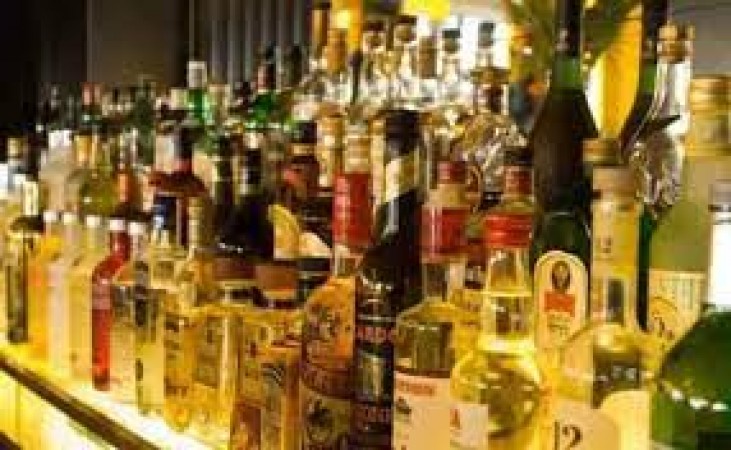
In the upcoming year, a noteworthy trend is expected to unfold, leading to an increase in dry days across various regions. Let's delve into the factors contributing to this anticipated shift and its direct impact on the operation of liquor shops.
The intricate dance of climate patterns plays a pivotal role in shaping societal behaviors. As we look forward, changes in weather conditions are poised to influence our drinking habits.
Governments worldwide are tightening the reins on alcohol consumption. New regulations are surfacing, limiting the days during which liquor shops can operate.
Growing concerns about the societal impact of alcohol have prompted governments to reevaluate and implement stricter policies. This includes the restriction of alcohol sales on certain days.
Liquor shop owners are grappling with economic challenges, making it financially unviable to operate every day. This economic strain is translating into more frequent closures.
Changing consumer spending patterns are affecting the profitability of liquor businesses. As consumers become more conscious of their finances, the demand for alcohol on all days diminishes.
This shift towards more dry days is not confined to a particular region; it's a global phenomenon. Countries around the world are synchronizing efforts to curb excessive alcohol consumption.
Public health initiatives are gaining momentum, emphasizing the adverse effects of alcohol on health. This has led to a heightened awareness that, in turn, influences consumption patterns.
The wellness wave is reshaping social norms. Individuals are becoming more health-conscious, leading to a collective push towards reducing alcohol intake.
Changing societal norms and cultural attitudes towards alcohol are contributing to the rise of dry days. As communities reassess their values, the traditional association of certain days with alcohol consumption is diminishing.
The surge in online alcohol purchases is altering the dynamics of brick-and-mortar liquor stores. As digital platforms become prominent, physical stores may observe more non-operational days.
Liquor shops are grappling with the challenge of managing their inventory efficiently amid unpredictable operating days. This poses a significant hurdle for sustaining a consistent customer base.
The irregular working days pose challenges in retaining skilled staff, further impacting the operational efficiency of liquor stores.
Communities are taking charge of their well-being, initiating grassroots movements that promote fewer alcohol-dependent events. This shift is contributing to more frequent dry days.
Liquor retailers are forced to innovate and adapt their business models to stay afloat in this changing landscape. This may involve diversification and exploring alternative revenue streams.
As consumers adapt to the increasing occurrence of dry days, their behavior is evolving. This includes planning purchases in advance and exploring alternative recreational activities.
Governments are tasked with striking a delicate balance between societal well-being and economic considerations. Evaluating the social and economic impacts of alcohol regulations is crucial.
A collaborative approach involving stakeholders, including liquor retailers, health experts, and communities, is essential in formulating effective policies that address the concerns of all parties.
In conclusion, the landscape of alcohol consumption is undergoing a transformation, with an increase in dry days on the horizon. Whether driven by climate considerations, regulatory changes, or societal shifts, liquor retailers and consumers alike are navigating uncharted waters.
Global Powers Unite to Denounce Iran's Escalating Nuclear Program
BREAKING News:Israeli Teen Imprisoned for Conscientious Objection Against Gaza Conflict
Indonesian Students Storm Convention Center, Demand Deportation of Rohingya Refugees